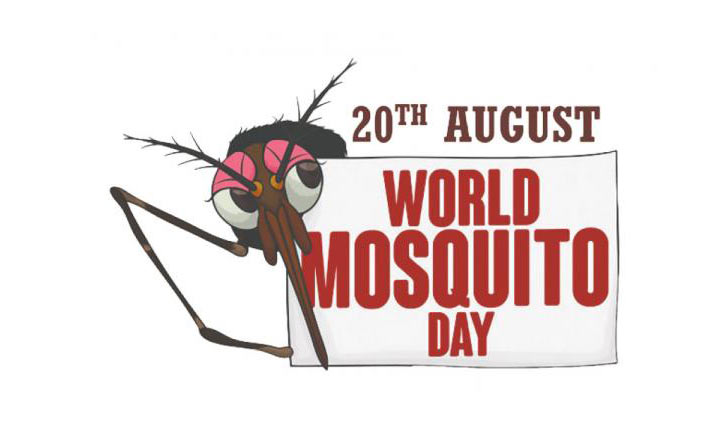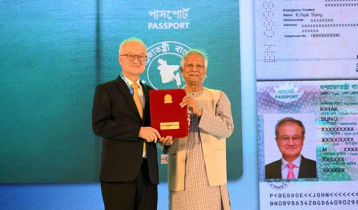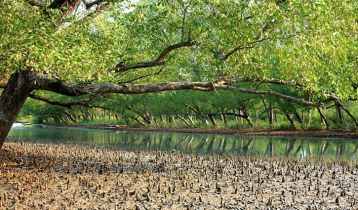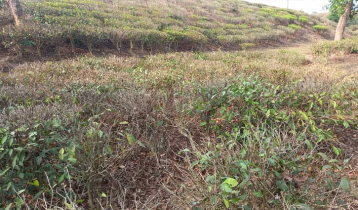World Mosquito Day today
4 || risingbd.com

Desk Report: World Mosquito Day is being observed today (20 August), which was first established in 1897.
It marks the anniversary of the day Sir Ronald Ross discovered that female mosquitoes spread malaria.
This day aims to raise awareness about the causes of malaria and how it can be prevented.
With mosquito-induced diseases like dengue, malaria and zika outbreaks are on the rise in the world, and it's time to trade the harmful effects of coils, incense sticks and liquid vaporisers with natural things.
Coils and vaporisers are believed to be high on chemical and have the power of causing allergies, especially among kids.
World Mosquito Day is an annual celebration on August 20, in remembrance of a British doctor, Sir Ronald Ross’s discovery in 1897 revealing that ‘female mosquitoes transmit malaria between humans’.
Through further research using malarious birds, Ross was able to ascertain the entire life cycle of the malarial parasite, including its presence in the mosquito’s salivary glands.
Ross confirmed that malaria is transmitted from infected birds to healthy ones by the bite of a mosquito, a finding that suggested the disease’s mode of transmission to humans.
Mosquitoes are one of the deadliest animals in the world. Their ability to carry and spread diseases to humans causes millions of deaths every year.
Generally we believe that mosquitoes bite humans because they need to feed on human blood, but this is not true.
Actually, female mosquitoes suck blood in order to help with the development of their eggs prior to laying them. Male mosquitoes do not feed on blood at all.
Only female mosquitoes require a blood meal and bite animals while male mosquitoes do not bite but feed on the nectar of flowers or other suitable sugar source.
Mosquitoes are cold-blooded and prefer temperatures over 80 degrees. At temperatures less than 50 degrees, they shut down for the winter. The adult females of some species find holes where they wait for warmer weather, while others lay their eggs in freezing water and die. The eggs keep until the temperatures rise, and they can hatch.
risingbd/Aug 20, 2019/Mukul
risingbd.com






























